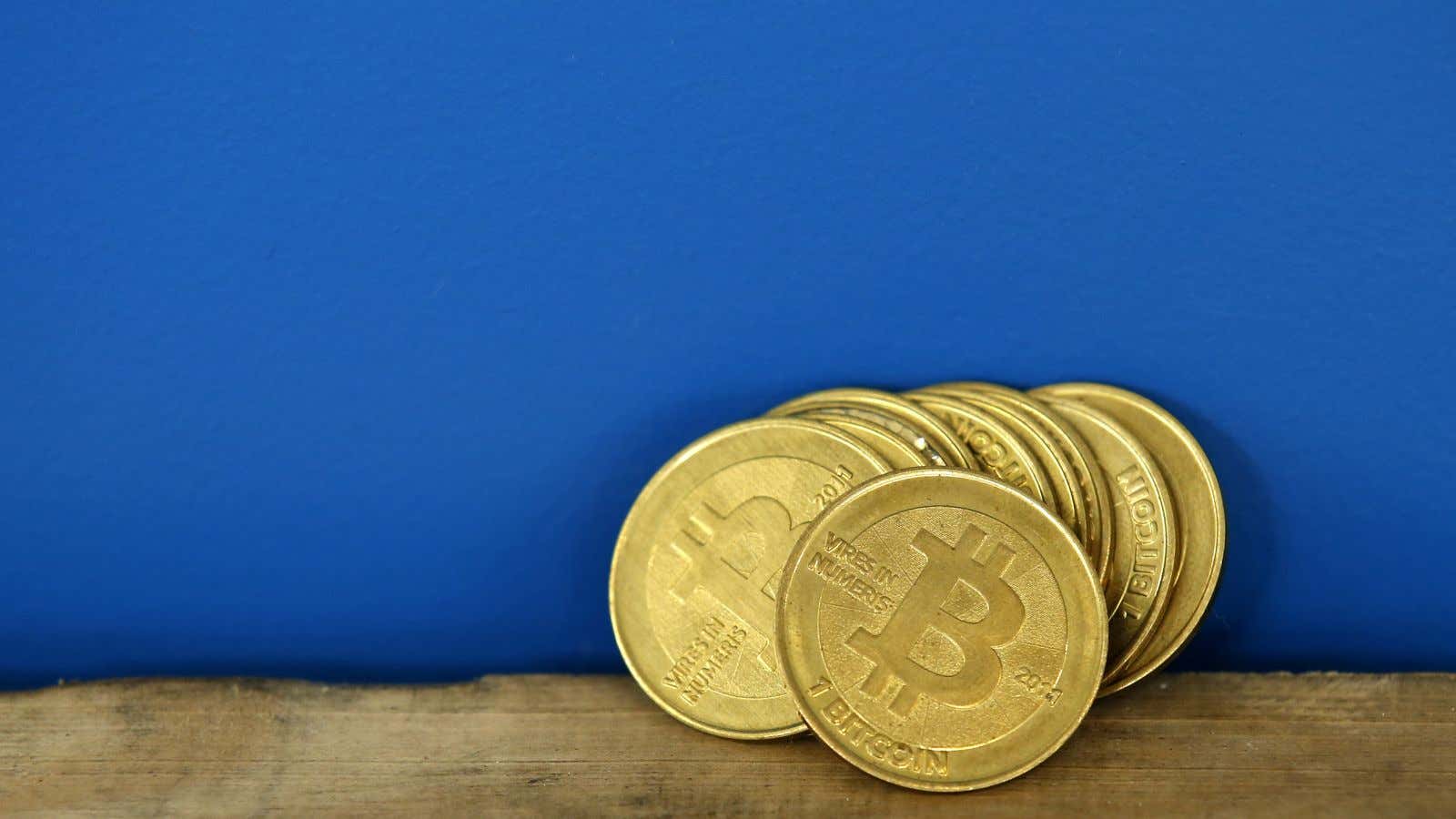The Indian government is measuring its words of warning against cryptocurrencies, but the country’s banks aren’t pulling their punches anymore.
Citibank India is the latest lender to tighten the squeeze. In an e-mail on Feb. 13, the bank said it had barred customers from using debit or credit cards issued by it to buy virtual currencies.
Quartz reviewed a copy of an email that Citibank sent out to its customers. It read:
“Given concerns, both globally and locally, including from the Reserve Bank of India, cautioning members of the public regarding the potential economic, financial, operational, legal, customer protection, and security-related risks associated in dealing with bitcoins, cryptocurrencies, and virtual currencies, Citi India has decided to not permit usage of its credit and debit cards towards purchase or trading of such bitcoins, cryptocurrencies and virtual currencies,”
In the US, Citibank has forbidden customers from borrowing money on credit cards for such purchases. In India, it has gone a step further and has banned virtual currency-related transactions even on debit cards.
Queries mailed to the bank remained unanswered, but sources explained the rationale behind the move: shielding card-holders from possible fraud. As of December 2017, there were 2.63 million Citibank debit card and 1.61 million credit card customers, Reserve Bank of India (RBI) data showed.
In any case, Citibank isn’t alone. International financial institutions such as Lloyds, JP Morgan Chase & Co, and Bank of America, too, have barred customers from using credit cards issued by them to buy digital currencies in other countries.
So, it wouldn’t be surprising if other Indian banks follow suit as the government and the central bank have been issuing cautionary notices asking investors to stay away from cryptocurrencies, said VG Kannan, CEO of the Indian Banks’ Association, an industry body that represents Indian lenders. In fact, the finance ministry even likened them to ponzi schemes where prices are driven by mere speculation. “It (government notice) does seem like a warning. Therefore, no bank would like to deal with this kind of transactions, and they also want to discourage customers from it,” Kannan said.
India’s cryptocurrency industry has sought to play down Citibank’s move. Most purchases are done through internet banking, not using debit or credit cards, said Ajeet Khurana, head of the Blockchain and Cryptocurrency Committee, an industry lobby.
But other observers are concerned. “Even if banks were to justify this as necessary to mitigate their risk, I would find such a view to be very conservative and unjustifiable, which leads me to think that this is arm-twisting,” said Anirudh Rastogi, managing partner at law firm TRA, which represents several cryptocurrency businesses.
In any case, this isn’t the first time that banks have tried to disassociate themselves from cryptocurrency-related money. Some lenders had earlier suspended the withdrawal and deposit facilities of some cryptocurrency exchanges, triggering panic among investors. India’s income-tax department has also issued notices to about 100,000 such investors, seeking to tax their profits.
It is likely that relevant regulations will be in place by March 2019. Until then, though, India’s cryptocurrency exchanges and traders will continue to feel the heat.
